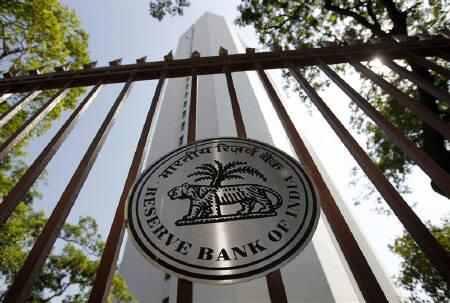
A day after global rating agency Standard & Poor's cautioned India could lose its investment-grade credit rating due to political inaction, official data on Tuesday showed industrial expansion in April had barely managed to be in the positive zone, growing just 0.1 per cent in the first month of the financial year, despite a not-so-high base of 5.3 per cent growth in April 2011.
. . .
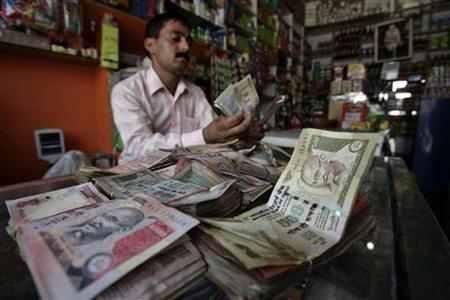
In March, industrial output had contracted 3.15 per cent year on year.
Policy makers, bankers and economists expect the Reserve Bank of India may now cut policy rates and cash reserve ratio in its review next week.
Finance Minister Pranab Mukherjee, who has been criticised for scaring off foreign investors with badly-timed tax reforms, promised action to restore confidence in the economy.
. . .
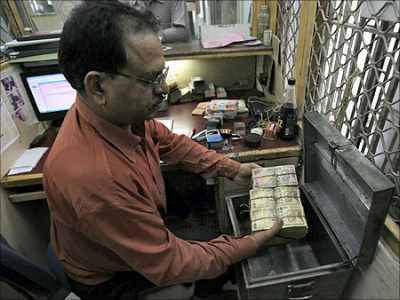
Need for support
"The data clearly point to industrial growth being extremely weak, and it is in clear need of monetary as well as fiscal support," said HDFC Bank chief economist Abheek Barua.
Capital goods, which include items like factory machinery, fell 16.3 per cent in April from a year earlier, while the mining sector output, another key economic driver, fell 3.1 per cent year on year in April.
These two categories contracted after briefly expanding in February 2012.
Within mining, natural gas contracted 11.3 per cent in the month, even as coal production rose 3.8 per cent.
. . .
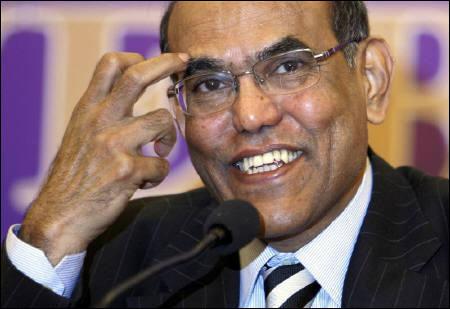
Within capital goods, electric machinery and apparatus showed a negative growth of 49.2 per cent.
Manufacturing, which dominates industry with a weight of 75 per cent in IIP, remained more or less stagnant, posting 0.1 per cent growth.
In the broad category, only electricity showed some resilience, growing 4.6 per cent, though lower than the 6.5 per cent in April 2011.
Some see silver lining in consumer goods expanding by 5.2 per cent.
. . .
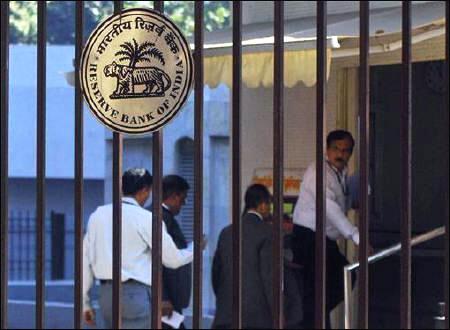
This category included interest-rate-sensitive consumer durables, which rose five per cent.
But, economists did not seem to be enthused.
Icra economist Aditi Nayar said: "The improvement in growth of consumer goods benefits greatly from an easing base effect and is not indicative of a broad-based pick-up in consumer sentiments."